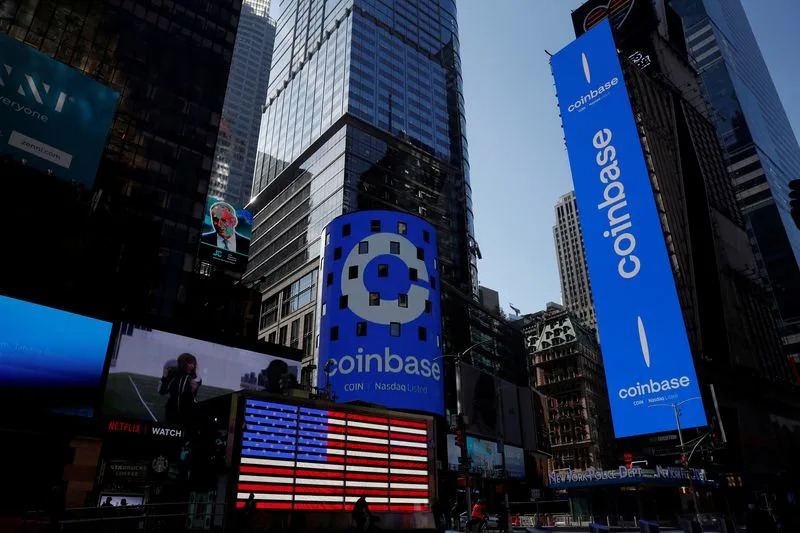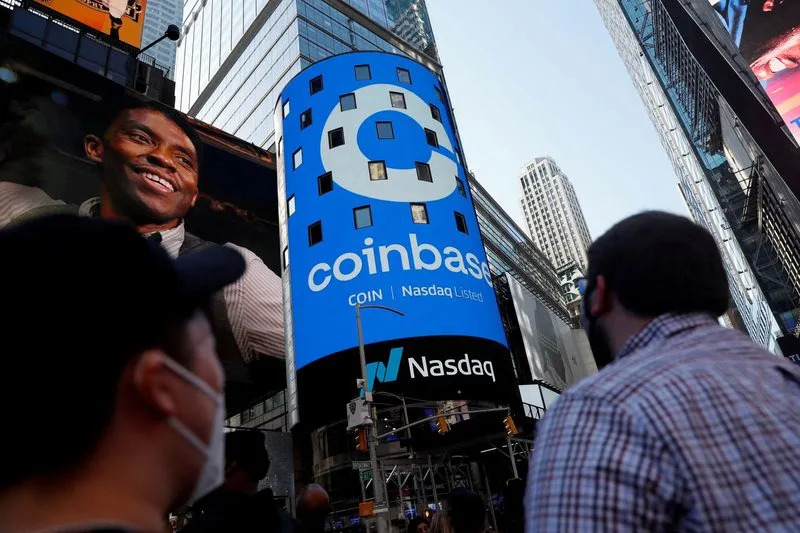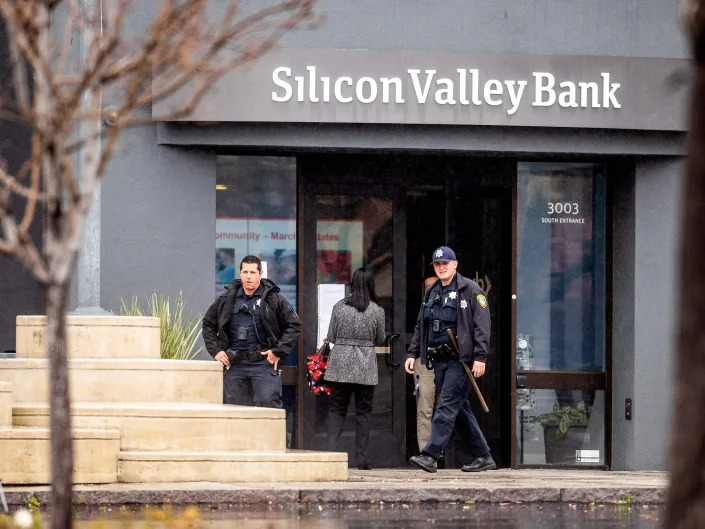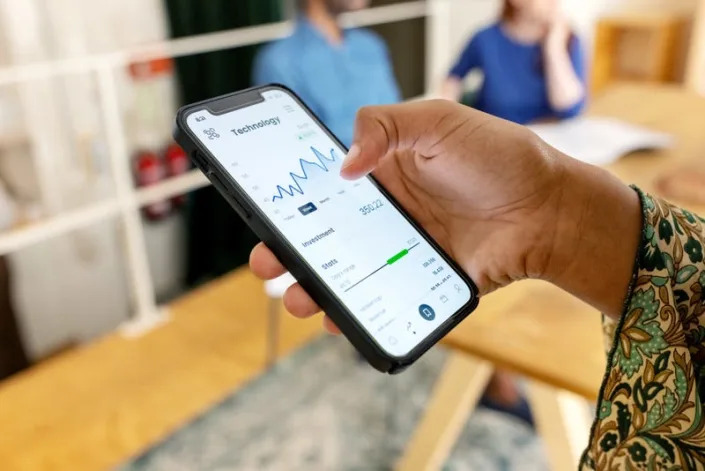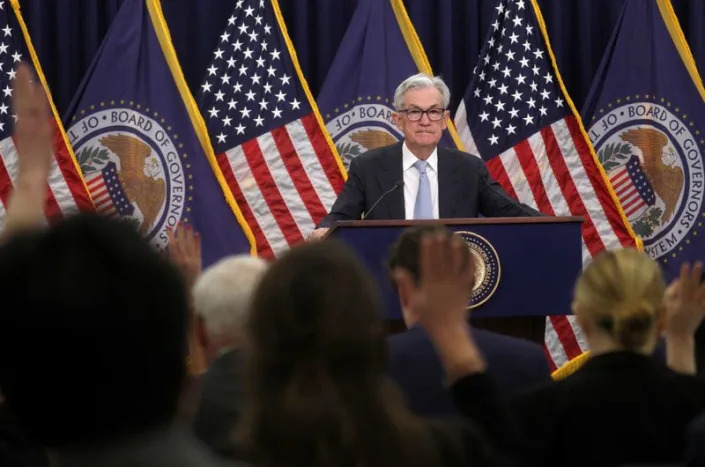Laughing gas to be banned under Government plans to crack down on anti-social behaviour
Amy Gibbons
Sun, March 26, 2023
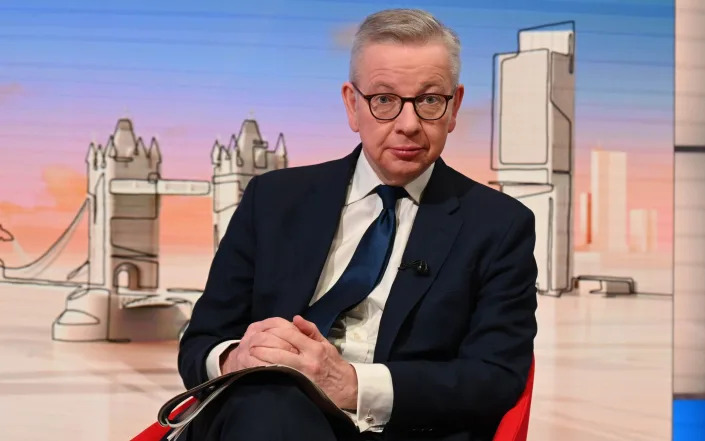
Communities Secretary Michael Gove said the inappropriate sale and use of the substance will be forbidden to stop public areas becoming drug-taking 'arenas' - Jeff Overs/BBC/PA
Laughing gas will be banned against expert advice under Government plans to crack down on anti-social behaviour, a Cabinet minister has confirmed.
Communities Secretary Michael Gove said the inappropriate sale and use of the substance will be forbidden to stop public areas becoming drug-taking “arenas”.
Ministers have decided to press ahead with the move against the recommendation of the independent Advisory Council on the Misuse of Drugs (ACMD).
Asked whether nitrous oxide would be banned, Mr Gove told Sky News’ Sophy Ridge On Sunday programme: “Yes.”
He said: “I think any of us who have had the opportunity to walk through our parks in our major cities will have seen these little canisters, these silver canisters which are examples of people not only despoiling public spaces but also people taking a drug which can have a psychological and neurological affect and one that contributes to anti-social behaviour overall.”
Labour backed the decision, with shadow culture secretary Lucy Powell telling Ridge: “I think we want to see it banned as well because I think it does cause a huge amount of littering, of disruption and of anti-social behaviour challenges as well.”
Mr Gove said ministers had not yet decided which drug classification level would apply to the substance.
“We want to make sure the sale and use can be restricted for its appropriate purpose,” he said.
'Drug-taking arenas'
“We can’t have a situation, we mustn’t have a situation where our parks, our public spaces become drug-taking arenas. And that is why we need to crack down on new manifestations of drug taking and these laughing gas canisters are an increasing scourge and one that has been reported to me as a constituency MP.”
He accepted that ministers had been advised not to ban the drug, but said the Government had taken a different view - opting to make it illegal under the Misuse of Drugs Act 1971.
“It is the case that we need to be clear that there are types of activity, particular types of activity that cause distress to others in public which are unacceptable,” he said.
“Of course it is absolutely right that we uphold the law in this case.
“Yes, the advisory committee offered their advice, but ultimately it is ministers who are responsible.
'Vital that we deal with this scourge'
“And we believe collectively that it is absolutely vital that we deal with this scourge and in the same way.”
Following a Government-commissioned review, the ACMD said the substance “should not be subjected to control under the Misuse of Drugs Act 1971”.
It concluded that the sanctions for offences under the act would be disproportionate with the level of harm associated with the drug, and that such control could create “significant burdens” for its legitimate uses - such as for anaesthetic purposes and as a gas for whipped cream in cooking.
The non-legitimate sale of nitrous oxide is currently controlled under the Psychoactive Substances Act 2016, which the council said “remains the appropriate legislation”.
This means the production, supply and importation of the drug for its psychoactive effects is illegal, but not possession.
Mr Gove - who has previously admitted taking cocaine - said he had learned through his own experience that it was a “mistake” to “regard drug taking as somehow acceptable”.
Asked whether some might view ministers’ stance on laughing gas as “hypocritical” if they had confessed to taking illegal substances in the past, he told Ridge: “No, I think it is because I have learned... that it is a mistake - worse than a mistake - to regard drug taking as somehow acceptable.”
Josh Salisbury
Sat, March 25, 2023

(PA)
Offenders blighting their communities will be put to work in jumpsuits or hi-viz jackets to clean up their crimes within 48 hours of being handed punishments, Rishi Sunak will pledge.
The Prime Minister said his plan, due to be announced on Monday, would “crack down" on anti-social behaviour “once and for all".
A key plank of the measures will be making justice "immediate" and ensuring that communities can visibly see efforts to clean up vandalism and graffiti.
Other punishments could include picking up litter, washing police cars or doing unpaid work in shops, according to Downing Street.
Officials said the UK Government's anti-social action plan was about establishing a “zero-tolerance approach where offenders know they will face the full consequences of their actions".
Speaking ahead of the plan's publication, the Prime Minister said: “For too long, people have put up with the scourge of anti-social behaviour in their neighbourhoods.
“These are not minor crimes. They disrupt people's daily lives, hold businesses back and erode the sense of safety and community that brings people together.
“That's why I'm bringing forward a new plan to crack down on this behaviour once and for all - so that everyone can feel proud of where they live."
Mr Sunak will announce an approach known as immediate justice to be piloted in 10 areas before a rollout across England and Wales next year.
The plan is set to include new funding for police and crime commissioners (PCCs) to ensure those responsible for offences that blight communities are punished as soon as possible.
The Prime Minister has set the target of having offenders who are slapped with community orders starting reparation work within 48 hours of being handed the punishment.
Mr Sunak dedicated a portion of his new year speech, setting out his five pledges ahead of the next election, on his ambitions to tackle anti-social behaviour.
He said that low-level offences made "life miserable for so many" and argued the destructive form of behaviour could "be a gateway to more extreme crimes".
According to officials, Mr Sunak's plan will see offenders having to wear jumpsuits or hi-vis jackets and work under supervision as part of efforts to give the public confidence that justice is being done.
Where possible, low-level criminals will be tasked with cleaning up the mess they created.
If their anti-social activity has already been removed or repaired, they will instead be assigned projects to assist their community in other ways.
Ministers have pledged that victims and affected communities will get a say in deciding what type of punishment or consequences offenders should face.
The immediate justice pilots come in addition to an expansion of the so-called community payback scheme for more serious criminals.
Currently, offenders are sentenced by courts to do unpaid work that directly benefits their local communities, such as cleaning up public places and removing graffiti.
Under Mr Sunak's pilots idea, teams of offenders will be rapidly deployed to clean up more urgent incidents of anti-social behaviour, with the Probation Service delivering the work alongside selected councils.
According to Government figures, last year saw 1,500 offenders spend almost 10,000 hours on 300 community clean-up projects, with plans to double that this year.
